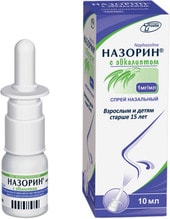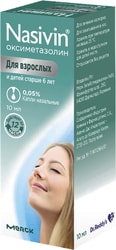Resistant starch (RS) is a unique type of carbohydrate that offers a multitude of health benefits. Unlike digestible starches that are broken down into glucose and absorbed in the small intestine, resistant starch resists digestion, passing through to the large intestine where it acts as a prebiotic. This means it feeds beneficial gut bacteria, promoting a healthy microbiome and improving overall digestive health.
Our resistant starch is produced from raw potatoes using a specialized process that preserves its high concentration of RS1 and RS2 types. This ensures a potent source of prebiotic fiber. It can be easily incorporated into your diet by mixing it with water, yogurt, or pulpy fruit and vegetable juices (like pumpkin, carrot, or tomato).
Resistant starch may be beneficial for individuals seeking to improve their digestive health, manage their weight, regulate blood sugar levels, or reduce their risk of certain diseases. It’s a gluten-free option suitable for various dietary needs. However, always consult with your doctor or registered dietitian before making significant dietary changes, especially if you have underlying health conditions.





